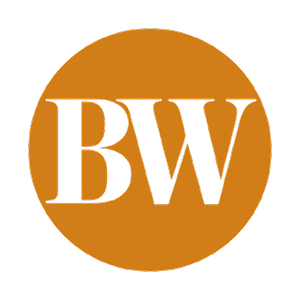Bangko Sentral ng Pilipinas (BSP) Governor Benjamin Diokno assured that the Philippines will not default on its debts due to the COVID-19 pandemic and is projected to have a U-shaped economic recovery.
Diokno acknowledged that the Philippine economy might face a recession this year but highlighted the country's strong starting position, unlike most emerging economies.
The Philippines' debt-to-gross domestic product (GDP) ratio was a modest 40.5% in 2019 and is projected to reach 47.0% even with increased borrowing for pandemic response, which is still considered moderate internationally.
The Department of Finance has secured approximately $6.9 billion in COVID-19 related loans from multilateral and bilateral sources, with the Philippines being one of the few developing nations able to borrow at concessional rates.
Diokno emphasized the sound and stable monetary and financial condition of the country, supported by reforms that strengthened the banking industry and led to significant cuts in interest rates and reserve requirement ratios.
The Philippine peso has remained steady, showing resilience as the second strongest currency in Asia after Japan following the pandemic, attributed to strong gross international reserves and economic fundamentals.
The BSP projects a U-shaped economic recovery for the Philippines in 2021, with a potential GDP contraction of 0.2% in 2020 followed by a strong rebound of about 7.7% as government support measures take effect.
This optimistic recovery projection for 2021 is contingent on the containment of the pandemic in the latter half of 2020.
Topics in this story
Explore more stories about these topics.
🤖
This story was generated by AI to help you understand the key points. For more detailed coverage, please see the news articles from trusted media outlets below.
News Sources
See how different news organizations are covering this story. Below are the original articles from various Philippine news sources that contributed to this summary.



